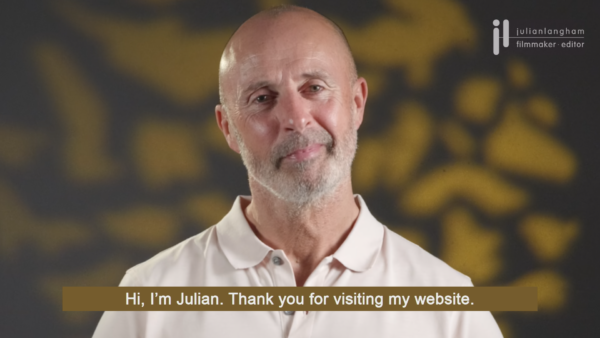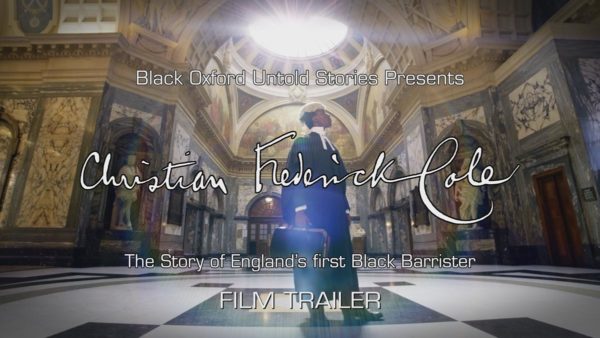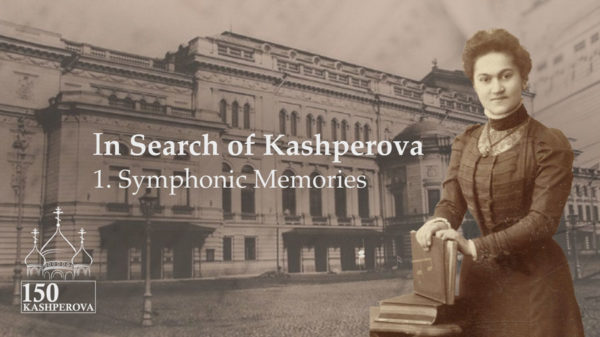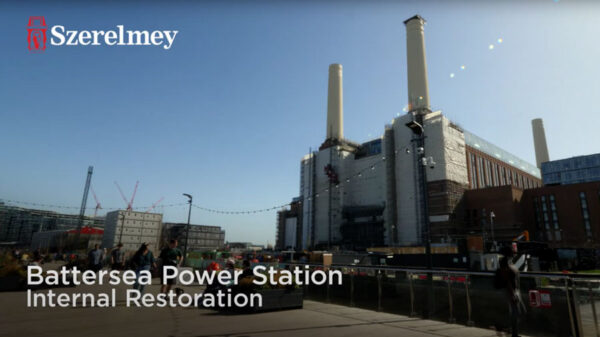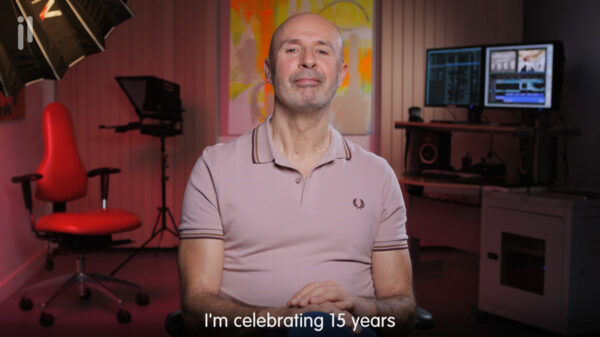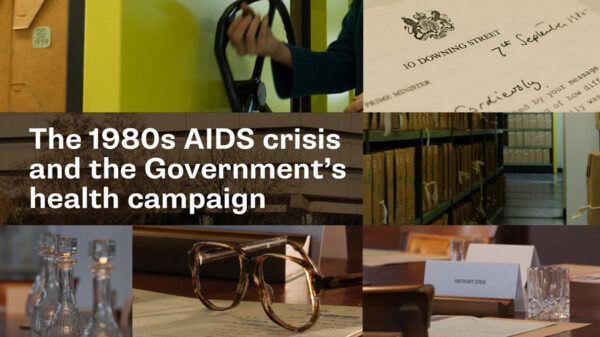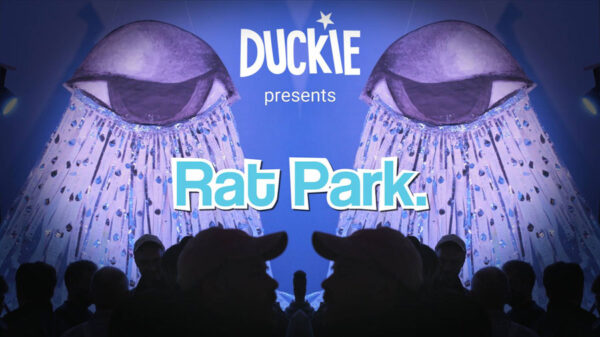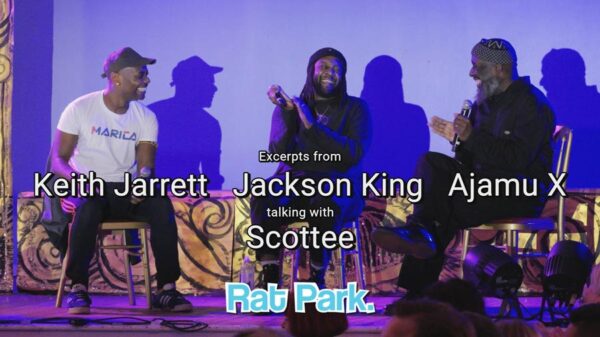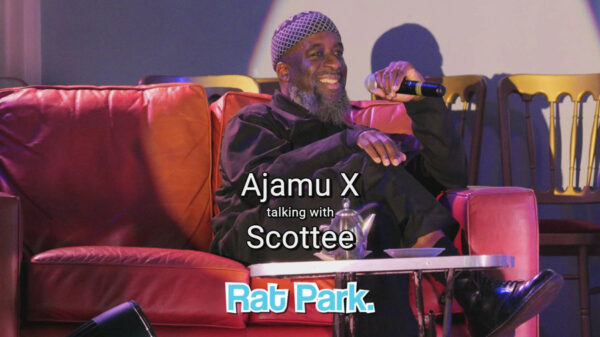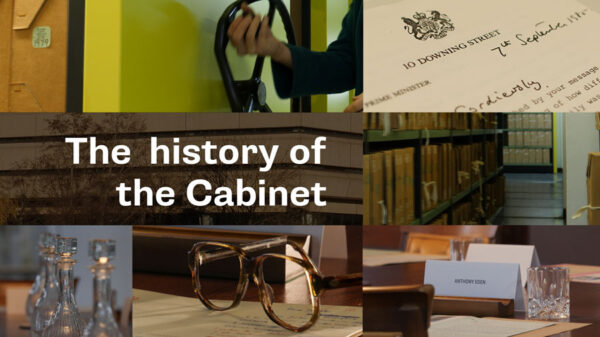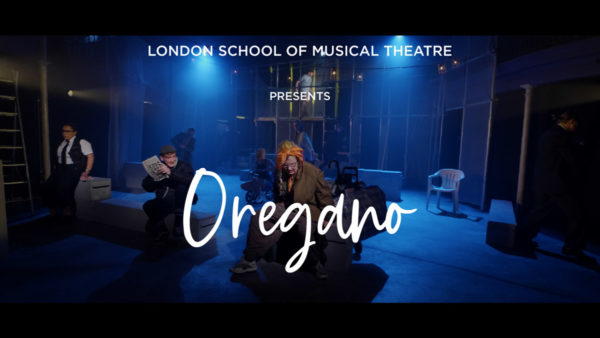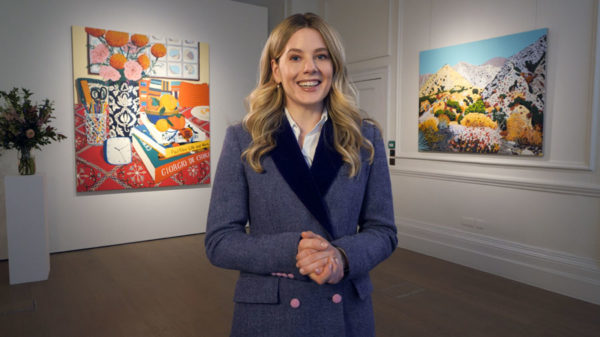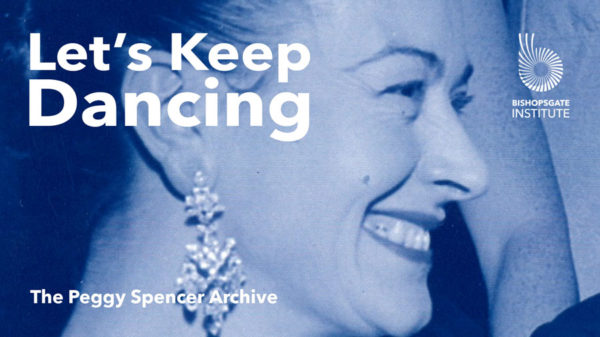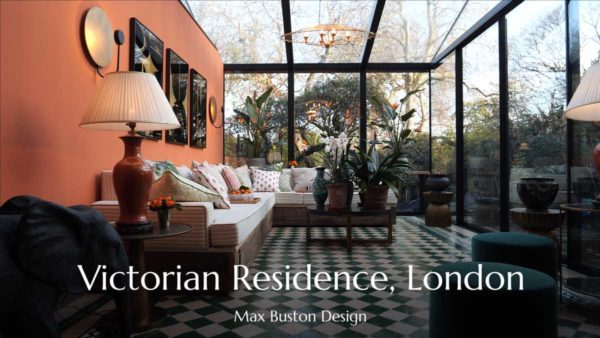Film production London
Working on short film production is a particularly exciting area of my wide variety of project commissions. As an independent producer, filmmaker and editor, I support many small production companies and freelance film and documentary producers with their short-form productions.
Film production case study
Pamela Roberts, Director of Black Oxford Untold Stories, recently commissioned my production skills and creative services to assist her with creating her film production. This film was part of a continuation of Pamela’s project to communicate Christian Frederick Cole’s untold story. As the author of ‘Black Oxford Untold Stories’ and the organiser of events such as ‘re-imagining Cole’, she planned to bring his story to life on film and had obtained some funding for its commission. In this case study, I briefly outline how we worked together on the films production.
Pre-production planning
Once we had reached an agreement on the possibility of creating such a film within a limited budget, we began the pre-production process with many long discussions to pool our ideas for the format from our different perspectives. Pamela sent me a copy of the draft script outline she had written together with some suggestions on how the story could be structured. I then emailed her with various creative and technical questions from my filmmakers’ point of view. With more details of the project and a sense of what might be possible, we reached an understanding of how we could co-ordinate our knowledge to proceed with this historical film production.
Filming location recces
Pamela had secured permission to film at the three historic locations which Christian Cole’s story revolved around: University Oxford, Inner Temple (one of the four Inns of Court in London) and the Old Bailey in London. To assess these locations before filming began, Pamela and I first met at the Inner Temple in London for a location recce. I walked around the site and filmed some test shots to capture the historically accurate period details that would help tell the story. We then drove to the Old Bailey, where we met their accommodating team and where I also filmed some test shots in the Great Hall and Courtrooms. The following week, we went on a second recce to Oxford University to visit and photograph the planned historical filming locations and meet the people who would be involved there.
Period costume hire
Pamela had recruited two actors to carry out the roles of the young Cole and the later Cole. To give the film more authenticity, we researched what type of clothes he would have worn at that time. I learned what costumes could be best for the actors’ parts, where we could obtain them and the cost to hire. We eventually sourced our costumes and props from the great team at National Theatre Costume and Prop hire in London.
Film production development
Gradually, during the following weeks of planning and frequent communications, Pamela developed and adapted the script as we co-ordinated our ideas for the film’s production. Pamela liaised with her contacts to confirm the filming days when we would have free access to the chosen locations. We then created a list of suitable historically accurate shots to film for each of the filming days in Oxford and London. The days leading up to the filming were quite hectic as we were both occupied with many different roles in addition to sourcing props and final costumes for the locations and actors.
Film music production
As the film editor on this project, it was important to me that the music chosen for this film needed to convey the right atmosphere and tone. Fortunately, my sister Jacqueline Langham is a very creative music composer and kindly agreed to compose this film’s music. To brief Jacqueline about the Christian Cole film story, I sent her Pamela’s proposed draft script, and we discussed some ideas for the potential music. After filming, I sent her an edit of the whole film script, which had been read to the camera by the actor Prince Plockey. Jacqueline soon composed a beautiful selection of varied and unique music. It proved to be a perfect match for the story and was of great help to me during the editing process when selecting the right music for the changing situations in the Christian Cole story.
Production filming days
We had two days of filming scheduled for this historical film production – one day in Oxford and one day in London. Both filming days were long but very enjoyable – creative and rewarding. Luckily, we had dry weather and sunshine for both. For each filming day, I had secured one assistant’s support and very much appreciated the help they gave me with everything, which included moving a lot of filming kit. For the Oxford filming day, I was assisted by the helpful and talented ex-Goldsmiths student Silvio Ugarelli Lima who also filmed with a second camera. For the London day of filming, the very multiskilled artist, prop maker Marko Waschke helped with the actor’s costume dressing and as a stagehand.
Director of Photography
For both filming days, I set up the lighting required and worked as the Director of Photography, directing and filming the shots. I worked with actors Moses Alexander and Prince Plockey to film the scripted lines and shot list to illustrate the story as best as possible, given the tight time constraints we were meeting. The significant advantage of working in larger crews is that people have specific roles that enable more eyes-on set. A larger team helps to realise your creative vision within the timeframe you have. However, this short film’s tight budget did not allow for a large crew and additional assistance with all the tasks involved. As a London based freelance filmmaker, I have a wide range of film production equipment and so had all that was required to film and light the single actor scenes. For this film production, I also carried out the role of sound recordist.
Film post-production
With the two days’ filming complete, I began the process of the film’s post-production. Post-production is all the additional work required after the production phase to create the finished film. Examples include editing, colour grading, final sound mixing etc. My priority in any post-production process is to make sure all the filmed media files are securely backed-up and stored safely. Once all the media files were secured, I then transcoded all the filmed UHD media into a suitable file format for editing. During the next few weeks, I edited this short historical documentary film together. As the edit progressed, I added the beautiful music composed for this film. Once I was happy with the film, I sent a link for Pamela to watch and offer her feedback. I was delighted to hear that she loved the edit, as did both of the actors who re-enacted the Cole life story.
Historical film production
This short film has now titled after the person that it’s all about – Christian Frederick Cole. Christian Frederick Cole, originally from Sierra Leone (then a British Colony), was Britain’s first Black African to graduate at University-Oxford and went on to become Britain’s first Black African barrister to practise Law in the English High Court. This short historical film production brings his unique story back to life to inspire a new audience and a new generation, also to recognise this vital part of black history in Britain.
You might be interested in viewing these examples of my video productions:

